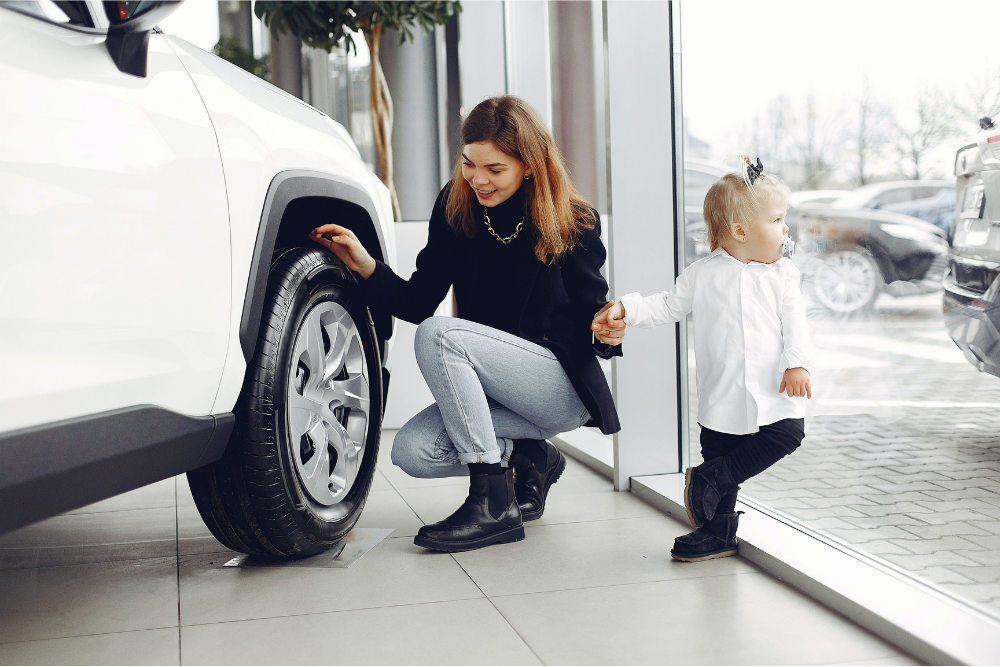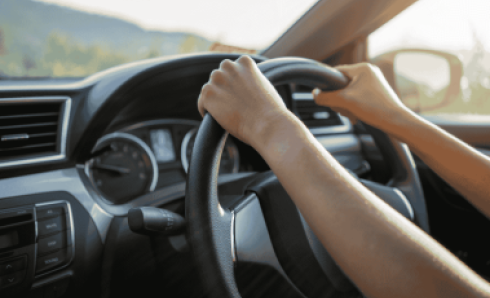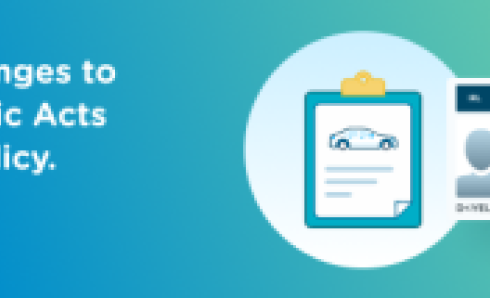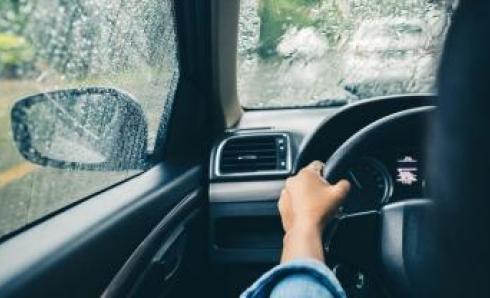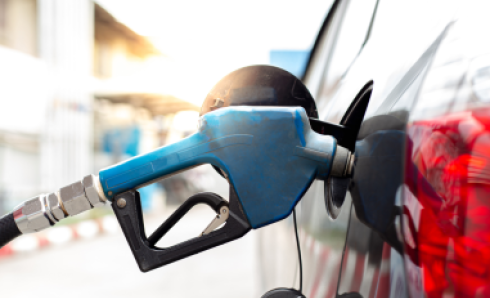Back in 2016 - yes, remember those days? - the 123.ie Great Irish Car review, which surveyed almost 6,300 drivers in Ireland, revealed that 38% of people said they were planning to change their car and despite a little fluctuation, we believe that figure has stayed steady ever since, despite, well, you know what’s happened the last few years.
Buying a car is a big deal, but it can be all too easy to get carried away. We’ve all fantasised about cruising around in a brand-spanking new car, but several practical matters need to be addressed to ensure your new purchase doesn’t become a complete disaster.
There’s plenty to consider when purchasing a new car, which is why we’ve put together this handy guide to help you avoid the various pitfalls.
1. Budgeting
To avoid overpaying for a car and getting into financial trouble, you should create a budget that takes into account, not just the price of the vehicle, but various additional costs further down the road.
Step 1: Do the maths
Determine your income and expenses before you even start thinking about making a major purchase like a car and don’t forget to use your net pay (post-tax) rather than your gross pay (pre-tax).
Step 2: What can you afford?
Calculate how much you can comfortably afford and see whether it matches your expectations of how much you want to spend. Unfortunately, if the amount that you can spend doesn’t quite match up to the kind of pricing you're looking at, it might be a sign that it’s not the right time to purchase a car.
Step 3: The loan rule
However, one way of getting around the budget gap is to take out a loan, but we tend to encourage caution when thinking about this option.
The general rule of thumb is that you shouldn’t spend more than 20% of your monthly income on your car loan payments, but also bear in mind that 20% is dependent on your income and how many expenses you have coming out each month.
Use a car loan calculator
If you want a better idea of what you'll be paying for your new car every month try a car loan calculator to estimate the monthly repayments for the vehicle you want to buy at the interest rate you are expecting to pay. Most banks have this calculator available such as Bank Of Ireland and AIB.
2. Additional Costs
The initial price of a vehicle is just the start when it comes to costs. With prices continuing to rise in Ireland, as in many other parts of the world, the real cost of running a car is also going up. Before making a purchase, factor in the costs below to give you a better overall idea of how much you’ll be spending monthly.
Annual Costs
• Tax – you can check how much the tax will cost on the motor tax website. Tax is calculated on the age of the car and its CO2 emissions, but you’ll probably be looking at between €12 and €75 per month.
• Insurance – Get a quick car insurance quote with 123.ie and see how much your insurance will set you back. Again, this depends on multiple factors, including your age, driving experience and driving record, etc. As of 2021, the average insurance in Ireland was €676 a year.
Recurring costs
• Monthly car payments - It’s complicated to calculate monthly car repayments, but as an example, if you take a €20,000 loan over 5 years, at a fixed rate of 5.7% (5.9% APR) you will pay €383.87 per month for your repayments.
• Maintenance - This will depend on how new and how well-maintained your new car is, but it might be a good idea to factor in €500 per year for potential maintenance issues. Some years you’ll have absolutely no problems, while others might seem like a never-ending series of issues.
• Fuel - In the current climate, this cost can be particularly painful. Fuel prices have shot up over the last year with the average cost per litre now at €2.02. According to a recent AA survey, the average Irish family is spending almost €200 per month on petrol.
Potential other costs
• Parking - Parking costs vary greatly around the country. In Dublin, you’re probably looking at between €1 and €3 per hour, while in other parts of Ireland you might be able to find prices half that. The odd parking charge to go shopping won’t make a huge dent in your budget, but if you need to pay for parking every day for work, this will begin to stack up.
• Traffic tickets - Speeding offences in Ireland come with an €80 ticket while a seatbelt offence is €60, both of which if paid within 28 days or they go up. More serious traffic violations can go as high as €5,000.
3. Where to buy a car?
Privately vs Dealership
There are many websites where you can buy a car privately such as CarZone.ie and DoneDeal.ie etc. Private cars do seem to be going for cheaper than in a dealership as you aren’t including the dealer’s margin and the overhead costs of running the business.
The price may make your mind up for you but just note that there are some advantages to paying extra and buying from the dealership, e.g. dealers selling used cars will usually provide paperwork describing the car's history and some may even provide a warranty with the car.
Point to note: Privately
Don’t inspect a car at night or in wet weather as you might not be able to spot scratches or bumps.
Point to note: Dealers
As salesmen work on a commission basis they are going to be looking for a high asking price, so make sure to haggle.
4. What should I check?
Ideally, if you don’t know much about cars yourself, you should have somebody with you who has some knowledge and who can give the car a quick once over, but if not, here are a few points to check.
• Check the bodywork carefully. Bumps and scratches for older cars are fairly normal, but anything that looks like it might be hanging off - or was hanging off shortly before you arrived - should be a major red flag. Rust is another problem and even a small amount could signal that there is a much bigger problem just waiting to happen.
• Check under the bonnet. Even if you don’t know anything about cars, you’ll be able to tell if an engine and components are in poor working order. If in doubt, it’s probably best to leave this one.
• Check underneath the car. Again, you might not know exactly what you’re looking for, but you’ll be able to tell if there are any major problems, including rusted components or parts hanging off.
• Test drive the car. Does the engine sound OK? Do the brakes feel responsive? And is everything working as it should be?
5. What should I ask?
If everything seems OK with the car, the last step is to ask the owner/salesperson a few questions relating to the vehicle. All of these are important and you shouldn’t feel pressured into deciding without getting the answers.
• When did you buy the car?
• Why are you selling the car?
• Can I see the log book?
• Do you have an ID and is your name on the log book?
• Has this car ever crashed?
• Was the car first registered in Ireland/was it imported?
• Has there been any mechanical work done to it?
• What is the mileage?
• When was the last full service carried out, and by whom?
• When was the timing belt done?
• Where is the VIN number? (Should match that in the log book).
6. Car Insurance
If you have found the car of your dreams, then congratulations! Your next step should be stopping by 123.ie to get some car insurance. Whether you’re a brand new driver or you’re into your fiftieth driving year, we’ve got the perfect plan for you that will allow you to set forth on your driving adventures with a relaxed peace of mind.
